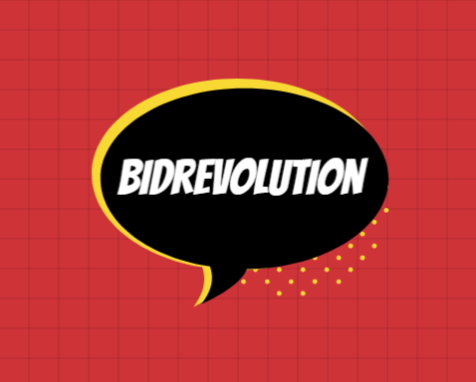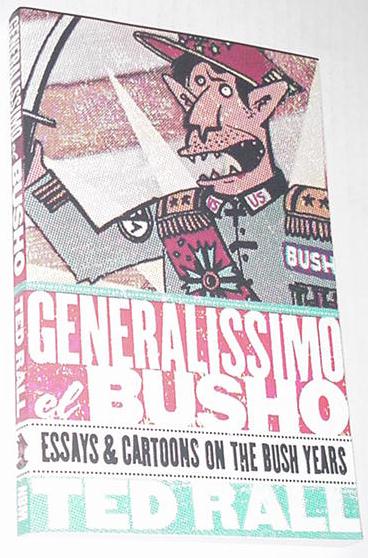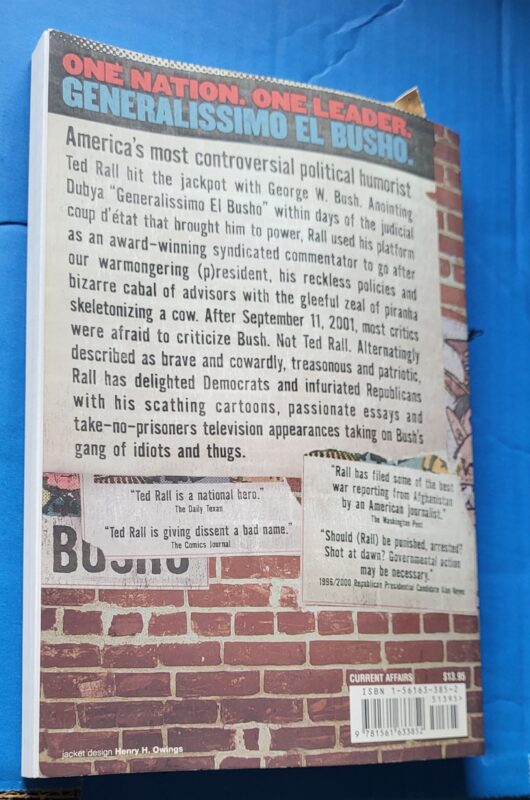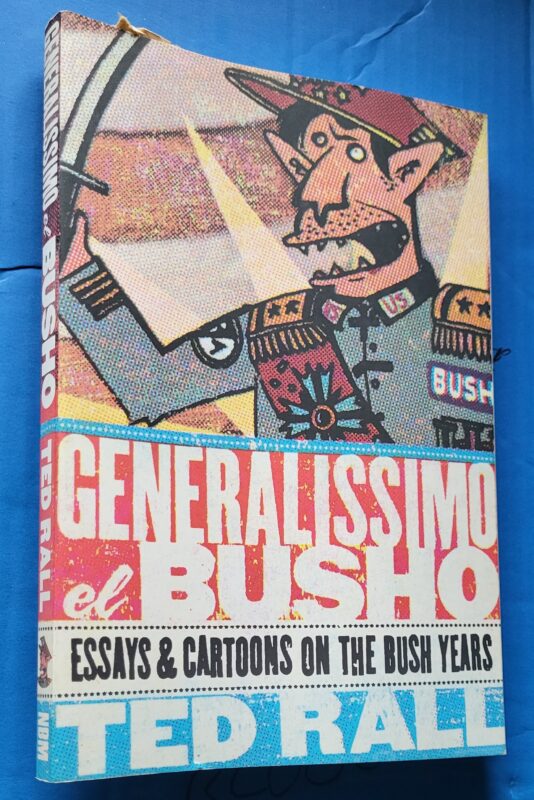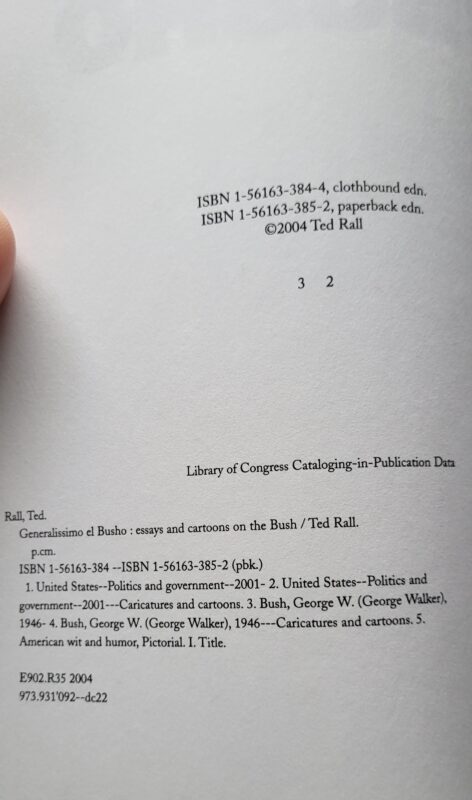Generalissimo el Busho Essays & Cartoons on the Bush Years SC Ted Rall NBM Publishing
$39.99
Description
Generalissimo El Busho: Essays & Cartoons on the Bush Years Paperback
by Ted Rall
Ted Rall is best known for saying today what will become conventional wisdom tomorrow. His GENERALISSIMO EL BUSHO is the ultimate chronicle of the most polarizing presidency in modern American history, a brilliantly tragicomic week-by-week dissection of the Bush Administration’s follies and crimes as seen by America’s most courageous editorial cartoonist and political writer.
Ted Rall, who has traveled and reported from the world’s hottest trouble spots, recognizes a dictator when he sees one. And he doesn’t scare easily. Having seized power extraconstitutionally, Bush and his cabal of corrupt businessmen made it obvious that they intended to rule with ruthless zeal. Unlike most of his fellow journalists, however, Rall refused to be cowed–even in the wake of 9/11. Others came out of the woodwork during 2003, but Ted Rall’s ferocious denunciations of our ersatz president and his assaults on our precious freedoms stood virtually alone during the flag-waving weeks and months following the attacks on New York and Washington. And unlike every other commentator, Rall used two different forms of media–cartoons and essays–to speak brutally honest truth to power even as he fended off death threats.
Brave, uncompromising and fiercely devoted to traditional American values of freedom and integrity, Ted Rall’s GENERALISSIMO EL BUSHO collects the best of his hilarious cartoons and brutally honest essays during the Bush years.
Publisher NBM Publishing (2004)
Paperback 208 pages
ISBN-13 978-1561633852
Weight 13.4 ounces
Dimensions 6 x 0.6 x 8.5 inches
A blend of caustic humor and well-written razor-sharp prose that’s hard to put down. I spent many a sleepless night reading and re-reading this highly stimulating book and scanning and e-mailing the author’s clever, pointed, and merciless cartoons to pro and anti-Bushies alike. Ted Rall was one of the few Americans who weren’t fooled by the Bush administration’s claim that Saddam Hussein was armed with horrible weapons, in cahoots with al-Qaeda, and an imminent threat which required immediate military intervention. This collection of articles from Rall’s incisive weekly column during the Bush years, peppered with more than 120 of his pull-no-punches cartoons, is a spellbinding read.
The introduction by fellow political cartoonist, Tom Tomorrow, sardonically defends Rall against those who accuse him of hating America; “…he hates America so much, he thinks the guy who wins the election should be the guy who actually becomes president.”
In the preface that follows, Ted Rall describes the incredible events that took place during and shortly after Election Day, November 7, 2000. On November 9th, more than a month before the U.S. Supreme Court ruled on Bush v. Gore, the Bush campaign sent James Baker to proclaim Bush the winner on PBS’ The News With Jim Lehrer. “…as the recount continued, Baker returned to Lehrer’s show to threaten a military coup d’état should Bush be denied the presidency. Bush’s people sent young goons to beat up and intimidate Miami-Dade County election workers.”
These events heralded Rall’s creation of “Generalissimo El Busho”.
“Bush was a bully. Like all bullies-like all tin-pot third world autocrats-he wasn’t going to take no for an answer. The first man in American history to illegally seize power was appointed president by a party-line vote of the Supreme Court on December 20, 2000.” The first thing that popped into Rall’s mind “…upon watching Bush’s simian countenance…was that of former dictator Augusto Pinochet.” Examining a state portrait of the Chilean general, “I was struck by the contrast between the grandeur of his costume and the dimness of his eyes. The parallel with Bush was readily apparent. Like Pinochet, he would soon assume all of the trappings of high office…but they wouldn’t change his essential inferiority and incompetence.”
“I promised myself that I would never utter the phrase `President George W. Bush’, but that wasn’t enough…I drew the empty-eyed, bat-eared Bush in General Pinochet’s uniform, festooned with medals, a sash and a great big hat. Eureka! Generalissimo El Busho was born.”
The first column presented in the book is dated October 10, 2000, lamenting that both Bush and Gore “…consistently ignore America’s massive, pressing structural issues in favor of trivial micro-mini issuettes.”
Ted Rall’s subsequent essays are so prescient that I had to look back several times to make sure of the date they were published…some of them could have been written in the last couple of months, rather than two and three years ago. Before the end of 2001, he published much of what the 9/11 commission concluded more than two years later. He also gleaned a prodigious amount of information during his weeks in Afghanistan during the initial U.S. incursion into that country. In 2001, Rall arrives at the same conclusion for the Afghan invasion as Michael Moore’s Fahrenheit 9/11, released in 2004, did; that Bush wanted to make that country safe for an oil and gas pipeline from the Caspian Sea to Pakistani ports (the Trans-Afghanistan Pipeline) by driving out the Taliban and installing a puppet government. He also makes the astonishing, damning accusation that the Taliban offered to turn Osama bin Laden over to American authorities in exchange for being allowed to keep their jobs, an offer ignored by an administration whose real objectives were other than to bring the al-Qaeda leader to justice.
In October 2002 Ted Rall reported his observation that the failure of the Bush administration to follow up with dollars its promise to rebuild Afghanistan after pushing out the Taliban was forcing Afghan farmers to return to opium cultivation and the heroin trade. Nearly 22 months later, in its August 9th, 2004 issue, Newsweek reported that “Drugs have become the dominating feature of Afghanistan’s economy, and corruption has infected every aspect of Afghan political life”, and the Time issue of the same date had an article by Tim McGirk titled “Terrorism’s Harvest” describing how heroin trafficking is now “a principal source of funding for the Taliban and al-Qaeda terrorists.”
Rall again foretells the future 195 days before the invasion of Iraq in his column, dated November 5, 2002, titled “After Saddam, The Deluge”. He says, about U.N. arms inspections, that Bush doesn’t want them “He wants Iraq. Nothing Saddam does or offers to do will make any difference. War was likely before Election Day, but now the Republican sweep makes it inevitable…we’re about to take over Iraq without having clue one about what type of government to install and who will be in charge of it”. And, in the same vein, “Would Iraq be better off without Saddam? Probably, but if we’re smart we wont be the ones to blow over this particular house of cards. We have too much to lose and too little to gain in the mess that will eventually ensue”.
We’ve yet to see whether Ted Rall’s Christmas Eve 2002 column included a prediction of the outcome of the 2004 presidential election; Rall cites a December 15th 2002 L.A. Times poll in which 90% of respondents did not doubt the existence of Weapons of Mass Destruction in Iraq, but 72% felt that Bush had not yet provided enough evidence to justify starting a war against Iraq. “Unless he coughs up definitive proof of Iraqi wrong-doing or calls off the whole thing, this latest oil-driven military misadventure could become Bush’s political Waterloo.” The Bush claims of Saddam’s nuclear weapons program implied in his 2003 State of the Union Address and Colin Powell’s diagrams of satellite photos showing Iraq’s purported mobile bio-weapons labs have both fallen by the wayside, no WMD’s have been found in Iraq, and the U.S. has all but abandoned the search for the phantom weapons. Does this portend a Bush defeat in November?
Near mint condition.
Related products
-
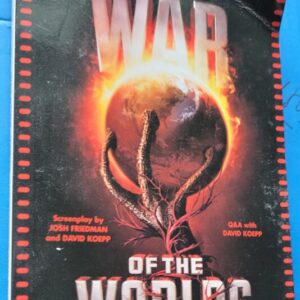
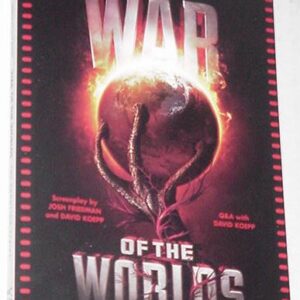
War of the World Shooting Script Josh Friedman David Koepp
$29.99 Add to cart -
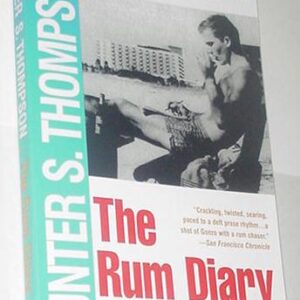
Rum Diary SC Hunter S. Thompson Johnny Depp Amber Heard Movie
$39.99 Add to cart -
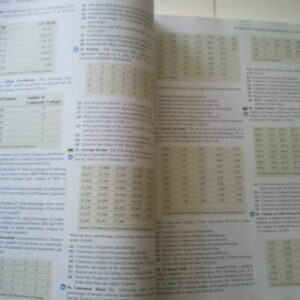
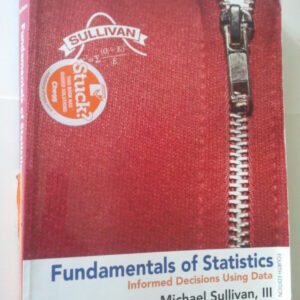
Fundamentals of Statistics SC Informed Decisions Using Data Michael Sullivan III Pearson
$69.99 Add to cart -
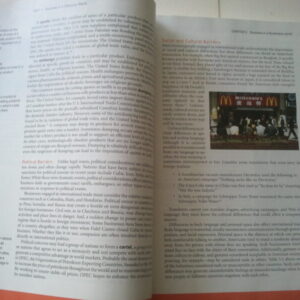
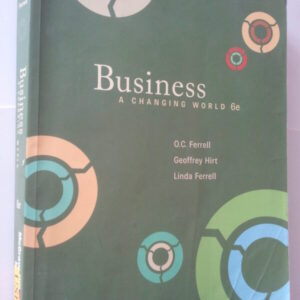
Business A Changing World 6E SC Ferrell Hirt McGraw Hill
$49.99 Add to cart
